Japanese gardens as sacred places
acj7000
18 years ago
Related Stories
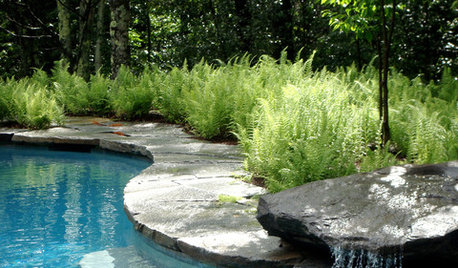
GROUND COVERSNative Alternatives to English Ivy, Japanese Pachysandra and Periwinkle
These shade-loving ground covers are good for the environment and say something about where you are
Full Story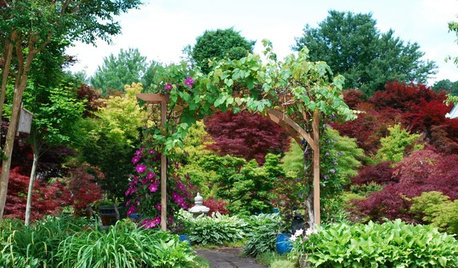
GARDENING GUIDES12 Japanese Maples for a Sunny Garden
The right maple in the right place shines in hot summer sun
Full Story
RED FOLIAGEGreat Design Plant: Japanese Blood Grass
This dramatic, ruby-tinged grass bridges the gap between red and green, short and tall plants
Full Story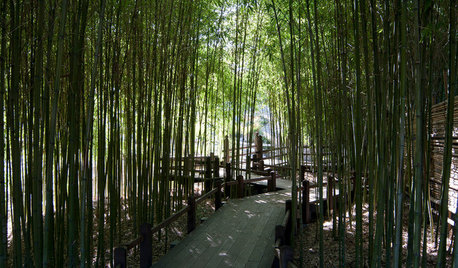
INSPIRING GARDENSStroll Through a Magnificent Japanese Garden, Newly Renovated
Get a glimpse of the Huntington's Japanese Garden today along with its storied past in a glossy new book
Full Story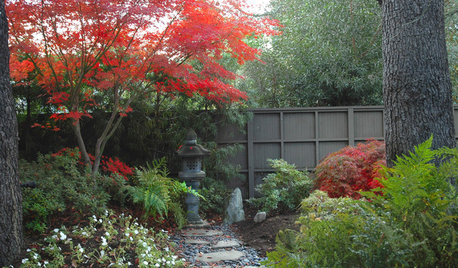
LANDSCAPE DESIGNLay of the Landscape: Create the Beauty of a Japanese Garden
Balance, enclosures and the forms of nature combine in serene Japanese garden design. Bring the look home with some of these principles
Full Story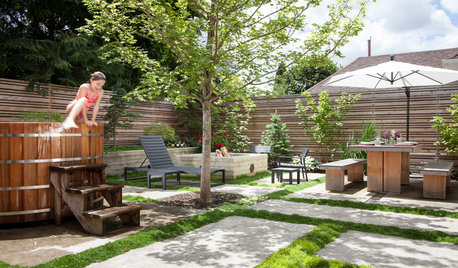
PATIOSBackyard Ideas: Writer's Studio and a Japanese-Inspired Garden
A nearby Japanese garden inspires a feature-packed backyard and studio for a work-from-home Portland writer
Full Story
GARDENING GUIDESGreat Design Plant: Japanese Painted Fern Weaves a Garden Tapestry
Bring striking colors and texture to your woodland garden with Athyrium niponicum var. pictum
Full Story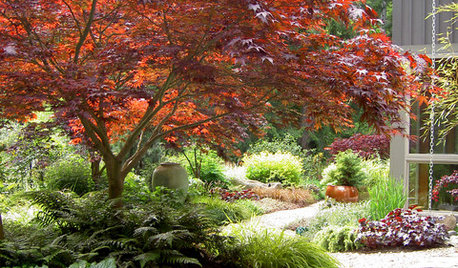
TREES11 Japanese Maples for Breathtaking Color and Form
With such a wide range to choose from, there’s a beautiful Japanese maple to suit almost any setting
Full Story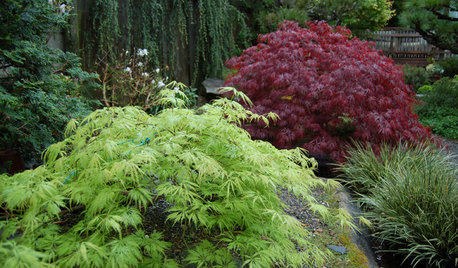
GARDENING GUIDES13 Japanese Maples for Shade
A surprising variety of these understory trees is waiting to make a statement in your shade garden
Full Story
GARDENING GUIDESGreat Design Plant: Japanese Anemone
This autumn bloomer's showy white blossoms add spark to your late-season plant mix
Full Story





Niwashisan
acj7000Original Author
Related Professionals
Ashburn Landscape Architects & Landscape Designers · Birmingham Landscape Architects & Landscape Designers · Apollo Beach Landscape Contractors · Barrington Landscape Contractors · Choctaw Landscape Contractors · Clayton Landscape Contractors · Lake Zurich Landscape Contractors · Sun City Center Landscape Contractors · Winter Gardens Landscape Contractors · Maple Heights Landscape Contractors · East Cleveland Gardeners & Lawn Care · Glasgow Decks, Patios & Outdoor Enclosures · Tooele Decks, Patios & Outdoor Enclosures · West Bloomfield Township Decks, Patios & Outdoor Enclosures · Westminster Decks, Patios & Outdoor EnclosuresJando_1
acj7000Original Author
Jando_1